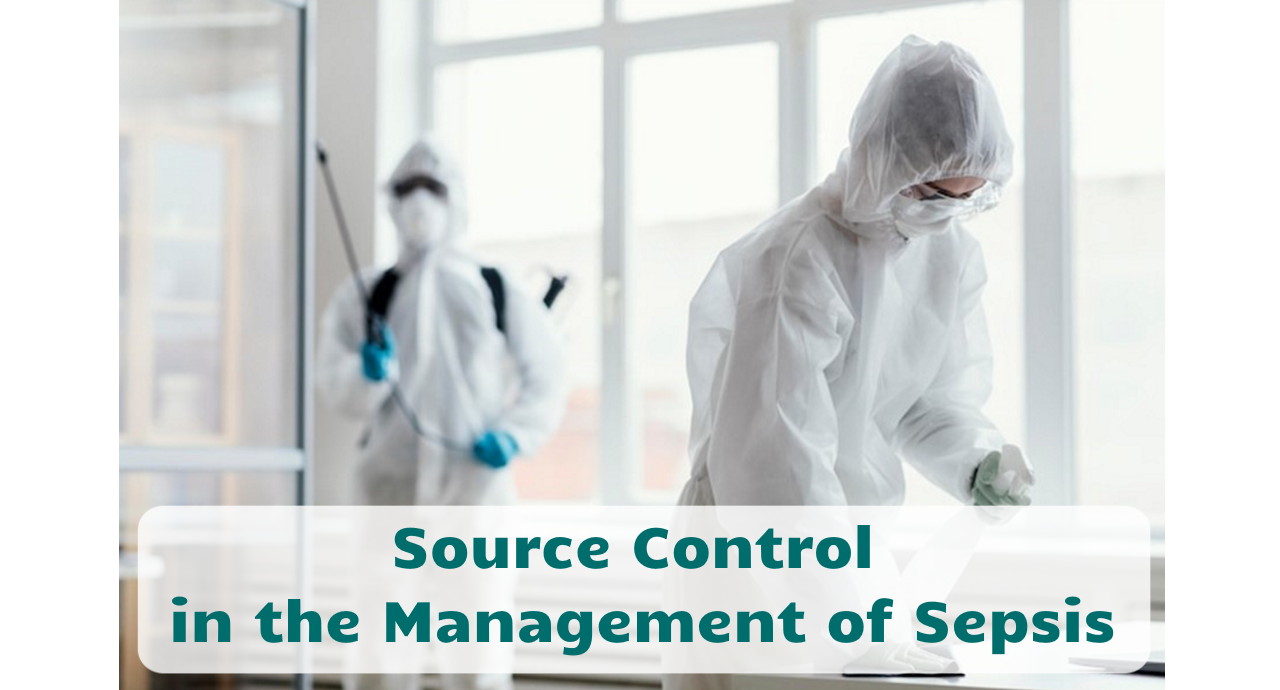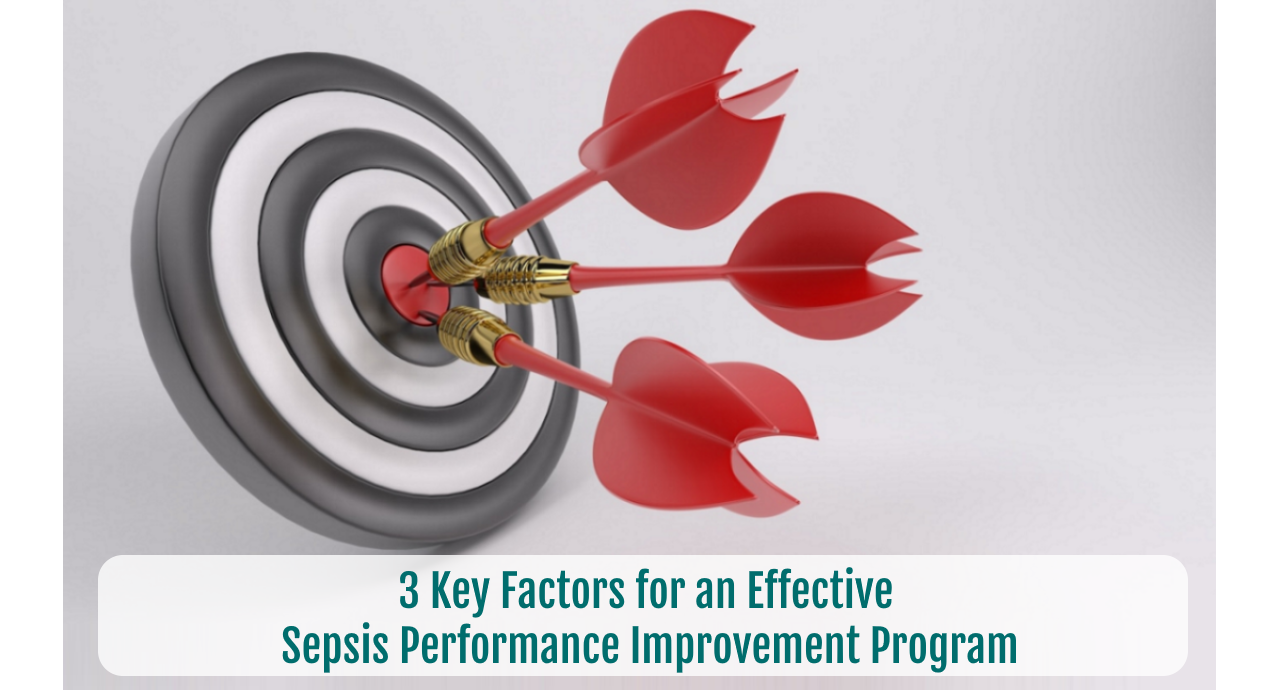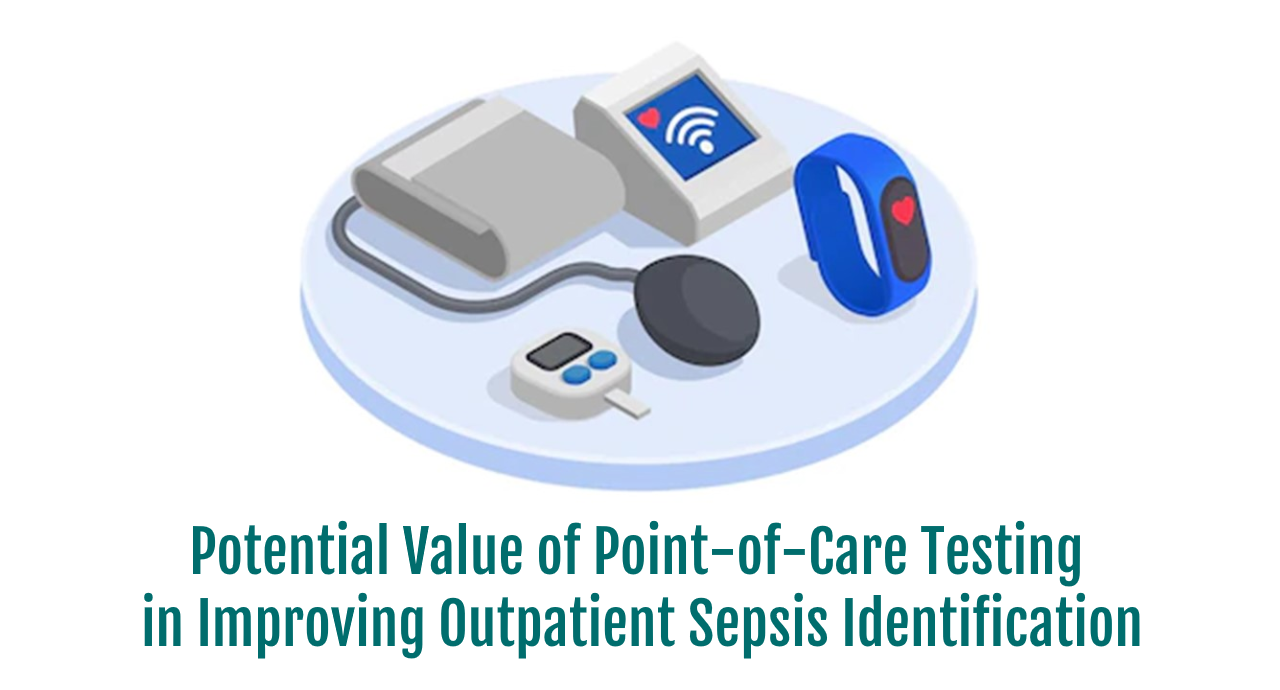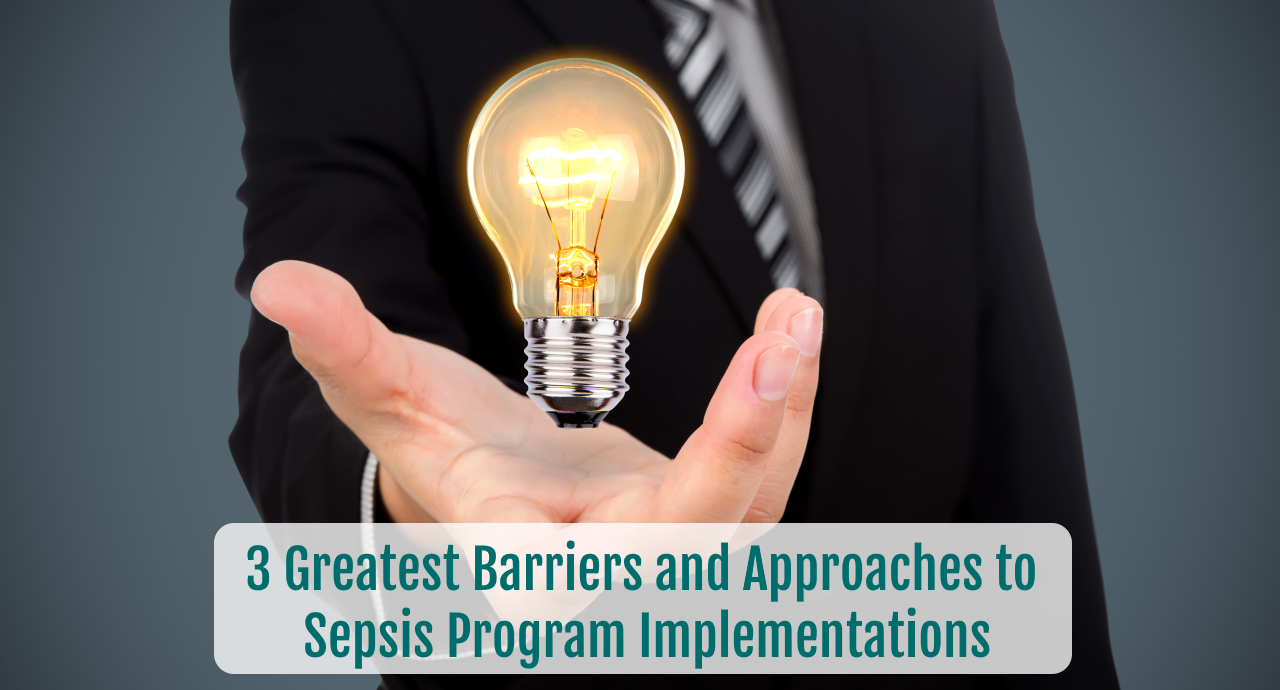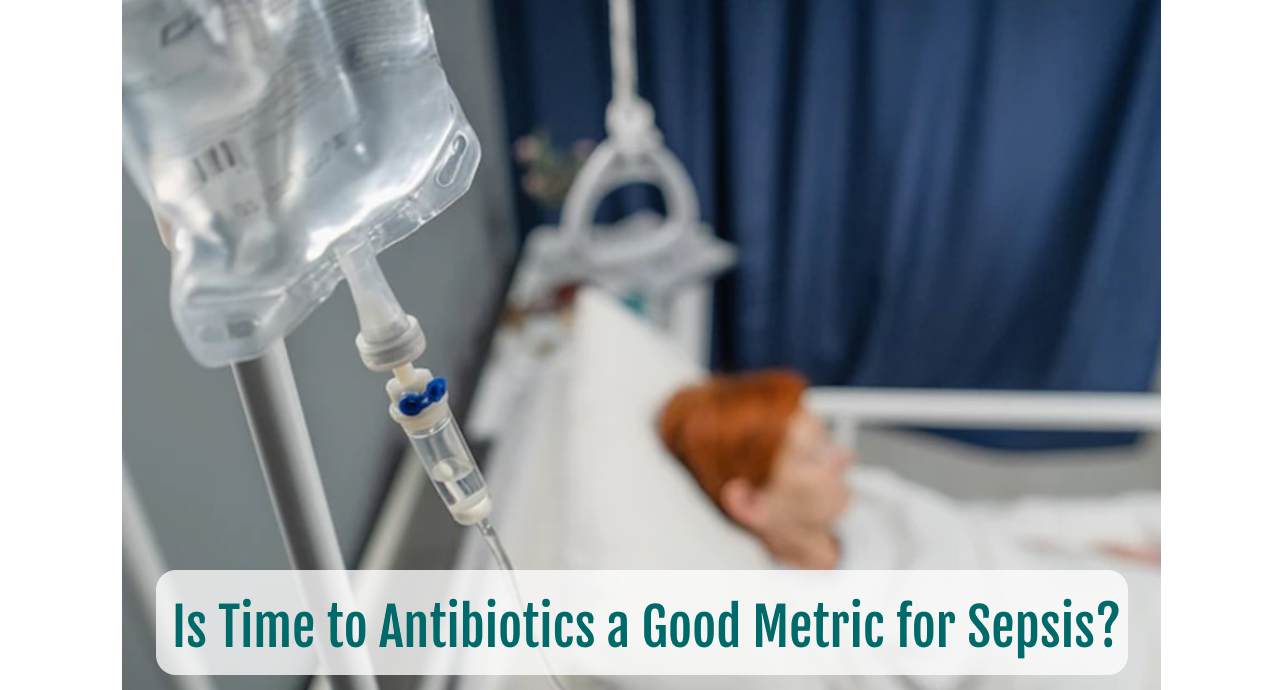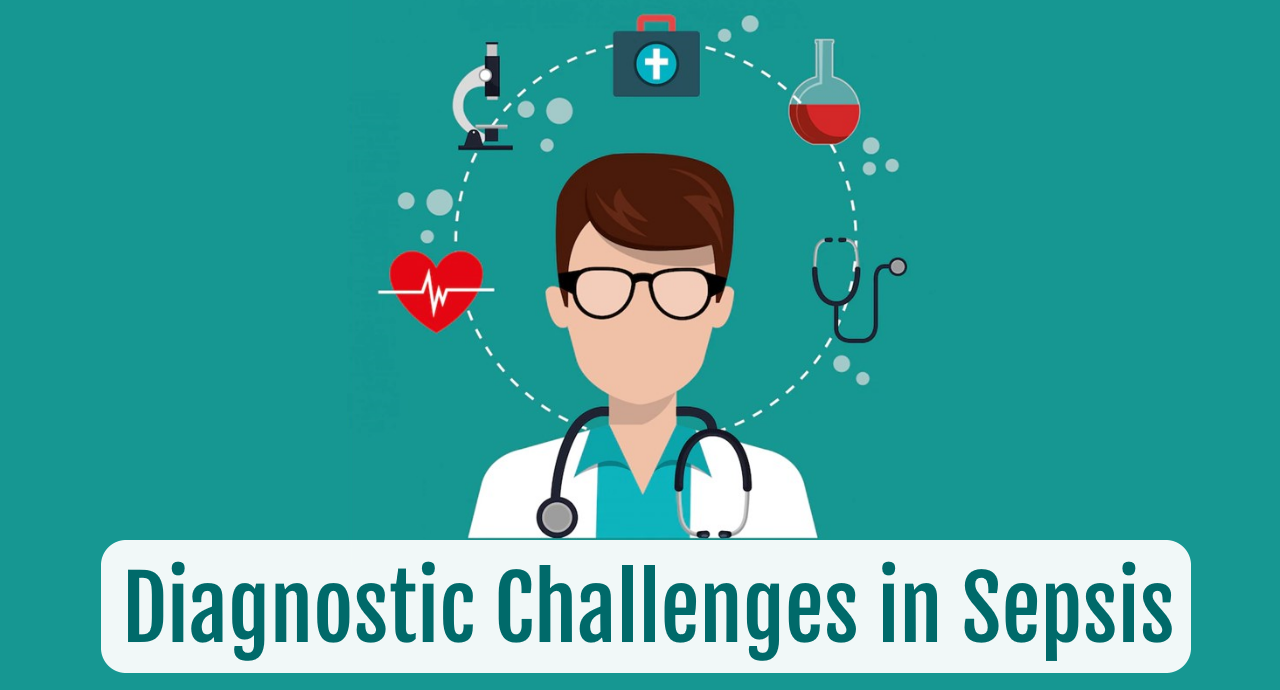Source Control in the Management of Sepsis
Source Control in the Management of Sepsis SUMMARY Source control is a major determinant affecting outcomes in patients with sepsis. The need for source control should be linked into the diagnostic process of sepsis patients. Source control should be considered in every sepsis patient, but it may not be necessary to control

